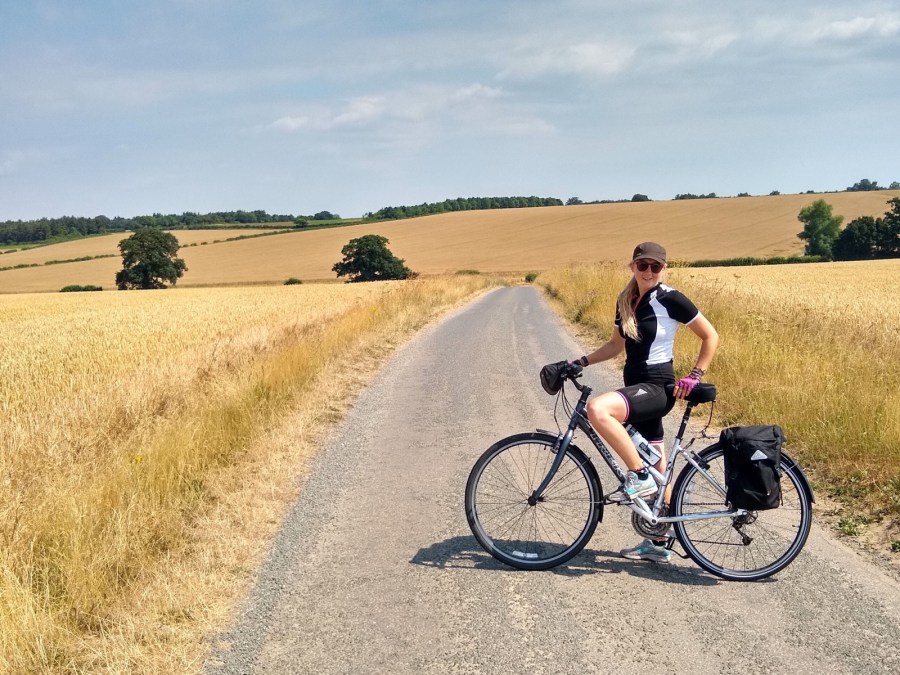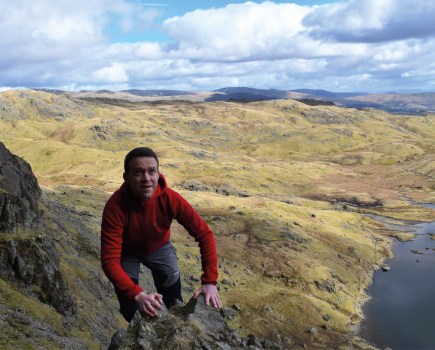Josh and Sarah have an ambitious challenge ahead of them: not only climbing the national Three Peaks, but also cycling between them in less than 7 days. We caught up with them to find out how preparations are going – and how you can support them.
Please introduce yourself. Who are you and what do you do?
“We’re Josh and Sarah, an adventurous vegan couple from the UK who recently returned from Hanoi where we had been living for the past year. Since being back on home soil we’ve set up a popular vegan travel blog and have been doing everything possible to get our adventure fix.
“Our time is divided by running the blog, training for the upcoming challenge, working, and cooking lots of tasty vegan food. On top of that Sarah works for a mental health charity and I work for deliveroo (great cycling training!) so we have pretty crazy schedules.
“Next year we will be leaving on another long-term adventure, so we thought we would go out with a bang. Before we left we wanted to take on a great outdoor adventure and tie this in with some charity fundraising, so this is how the Three Peaks Challenge by Bike was born.”
Tell us about your Three Peaks Challenge. How is it different from the Three Peaks Challenge we’ve all heard of?
“Originally we had planned to do the regular Three Peaks Challenge, but we didn’t like the aspect of driving from one peak to the other. We figured half the adventure would be the journey in between so we quickly came up with the concept of the Three Peaks Challenge by Bike.
“Like the original challenge we will be climbing Snowdon, Wales (1,085m), Scafell Pike, England (978m) and Ben Nevis, Scotland (1,345m) but we will be cycling the 500 miles in between and camping along the way. This gruelling challenge will be completed unassisted by carrying all of the gear on our bikes and having no outside assistance. This will all take place in the third week of September and the aim is to complete the route in less than 7 days.
“Achieving this goal will require cycling over 100 miles a day – and on 3 of the days tackling the tallest peaks in the UK and then spending another 4-6 hours cycling. The average day is going to have at least 11 hours of hiking or cycling, and that’s not even including lunch breaks…
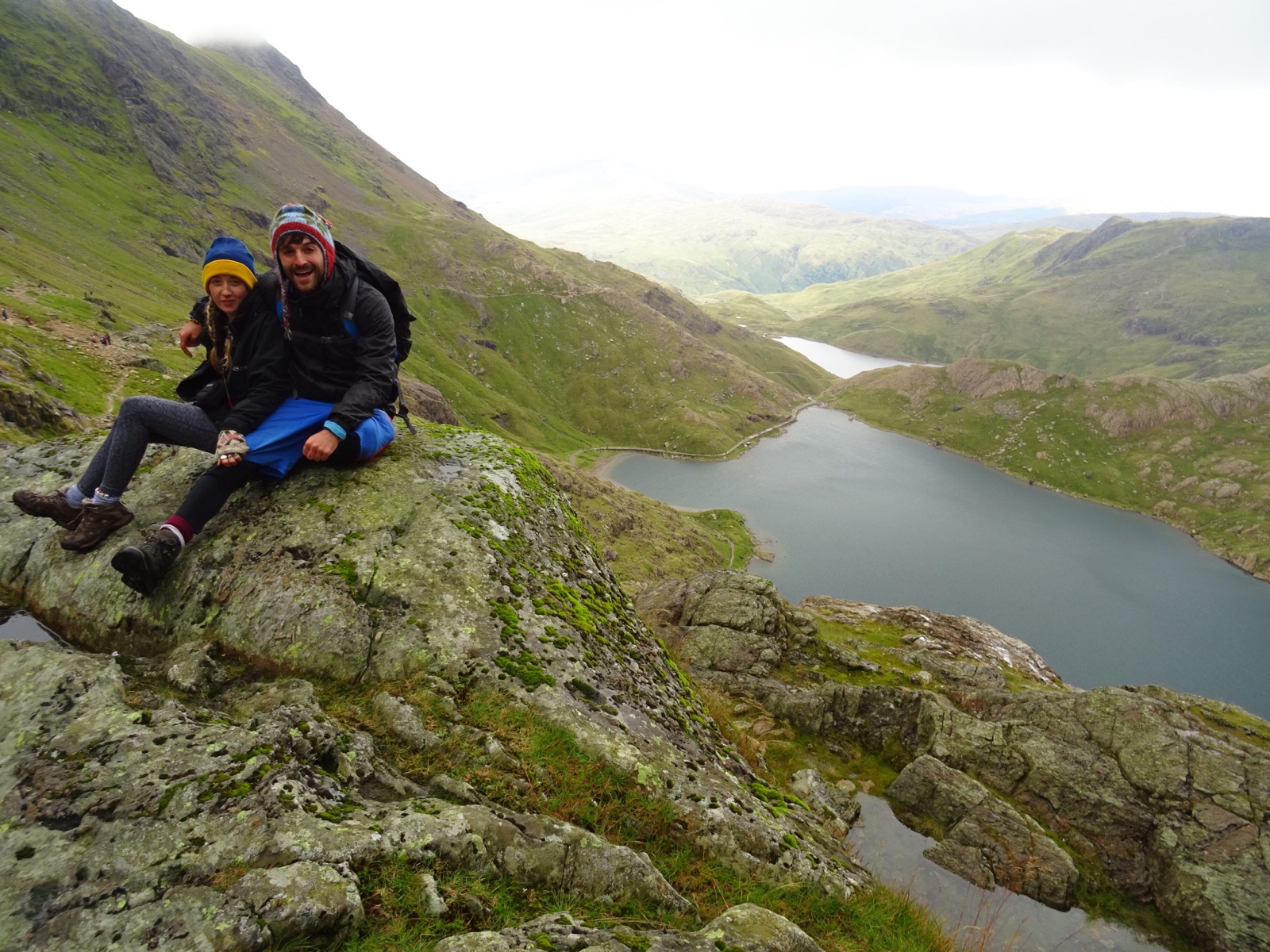
“There are many more factors to take into consideration than with the original Three Peaks Challenge. A huge aspect is the weather. The conditions on these peaks can be terrible even in the midst of summer and they’re prone to dense hill fog, which has resulted in hikers getting lost or stranded in the past. At the end of September there is a chance of snow on the peaks and temperatures could drop below zero. The most important thing is to have the right hiking, cycling and camping gear to make sure we don’t freeze or get lost, but still be able to carry everything on our bikes for over 100 miles a day.
“We’re not experienced cyclists and we haven’t attempted a challenge quite like this, but we love an adventure and a challenge so this seemed right up our street. The route is incredibly scenic so the beautiful surroundings should take our minds off the pain we’re enduring!”
Promoting a sustainable lifestyle is a huge part of the challenge you’ve taken on. How do you aim to promote sustainability and veganism, and why is it important to you?
“Although we can’t wait for the physical challenge, a huge part of this is about helping spread a positive message. As two people who have always spent time in the outdoors it’s important to us to protect our surroundings and the places we love.
“In our opinion it would be hypocritical to be advocates of sustainable lifestyles and still be jet-setting around the world when there are plenty of sustainable adventures to be had here. For that reason we committed to stop flying to lower our carbon footprint. Besides the public transport to and from the first and last peak, there is a very low carbon footprint for this challenge. Most of the equipment is second-hand from local charity shops or sites like gumtree.
“We would like our journey to inspire others to have their own sustainable adventures, thinking twice about flying across the other side of the world and discovering what they have on their front doorstep.
“Many problems caused by the original Three Peaks Challenge stem from the cars and minivans that take hikers from one peak to the other. If you’re trying to complete it in 24 hours, one of the peaks will have to be climbed in darkness – and that makes it very hard not to disrupt local residents.”
“One of the integral parts of our sustainable lifestyle is a vegan diet. Sustainability and veganism go hand in hand – and we want to break the stereotype of vegans being weaker than others. A plant-based diet is more than enough to fuel whatever crazy things you might be doing in life, something that our story can prove.
“We’re also using this opportunity to raise as much money as we can for charity. All of the money raised will be going to Friends of the Earth, a fantastic group who do so much work in the UK and around the world, keeping it possible for us to have these adventures in the natural world.”
The conventional Three Peaks Challenge often comes under fire due to the environmental strain it places on small mountain communities such as Wasdale Head. Was this a factor in your planning of this challenge? How do you hope to inspire and inform people taking on the conventional Three Peaks Challenge?
“The whole idea of the challenge was to come up with something that had a positive impact. So many beautiful places around the world are being ruined by tourism and mismanagement. It’s hard when you have something like the Three Peaks Challenge, which has become so incredibly popular – at what point do you say ‘that’s too many people’?
“Although the numbers who attempt the Three Peaks or even visit the peaks individually is astonishing, I think think the issue is the behaviour rather than the number of people. It’s difficult to know how to make sure visitors are being respectful and I really empathise with the local communities around the Three Peaks who see hordes of hikers descending on their towns and villages every day of the year.
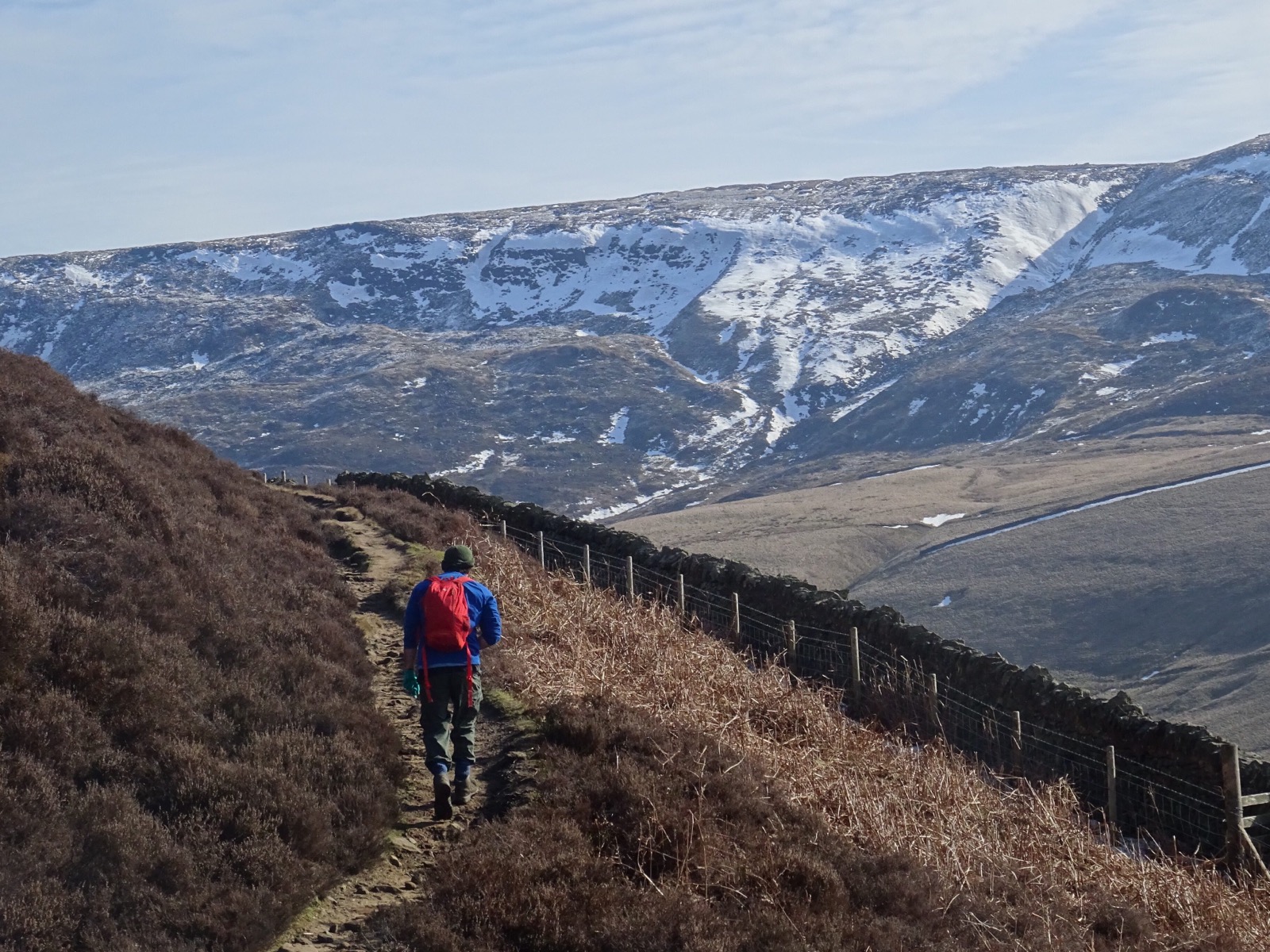
“Many problems caused by the original Three Peaks Challenge stem from the cars and minivans that take hikers from one peak to the other. If you’re trying to complete it in 24 hours, one of the peaks will have to be climbed in darkness – and that makes it very hard not to disrupt local residents. Cycling cuts out a lot of these problems, and travelling at a slower pace also means you can put more money into the local communities. I hope our challenge could be used as a model for how to take on the challenge in a more respectful way. I also think the people who organise large groups doing the Three Peaks have a responsibility to inform people of the right etiquette.
“Our blog focuses on sustainable travel; we’re constantly trying to promote exploring in a sustainable way. If everyone had a little more consideration there would be far fewer problems for the local communities, and the environmental impacts of the challenge would be reduced. The more people read about the problems faced in communities like Wasdale Head, and research ways to tackle the challenge in a respectful way, the better it will be for everyone.”
Tell us about the training regime you’re undergoing.
“It’s really hard! Training in 30˚C+ heat has been no easy job. With the baking temperatures I actually ended up with getting heat stroke earlier this week and had to take a few days off training.
“Because of our work commitments we’re training three days a week: one long session, a mixed session and a short session.
“The longer sessions are typically a long-distance cycle or hike. This weekend we’re hiking 20 miles and next week we’ll be cycling 80 miles. Each week the distances increase, eventually building towards 110 miles cycling and 30 miles hiking. It takes the whole day, and you definitely have to be in the right frame of mind for it.
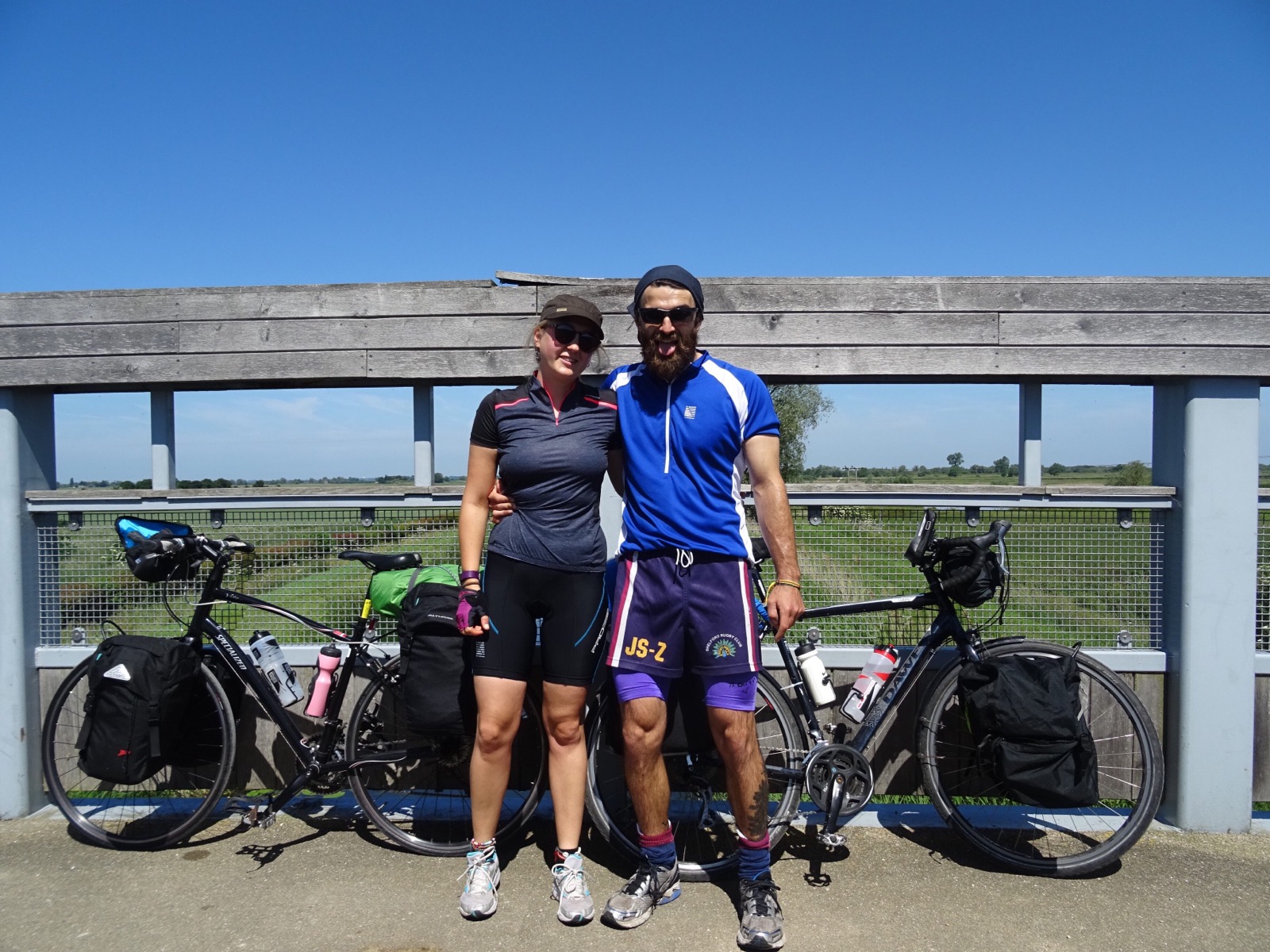
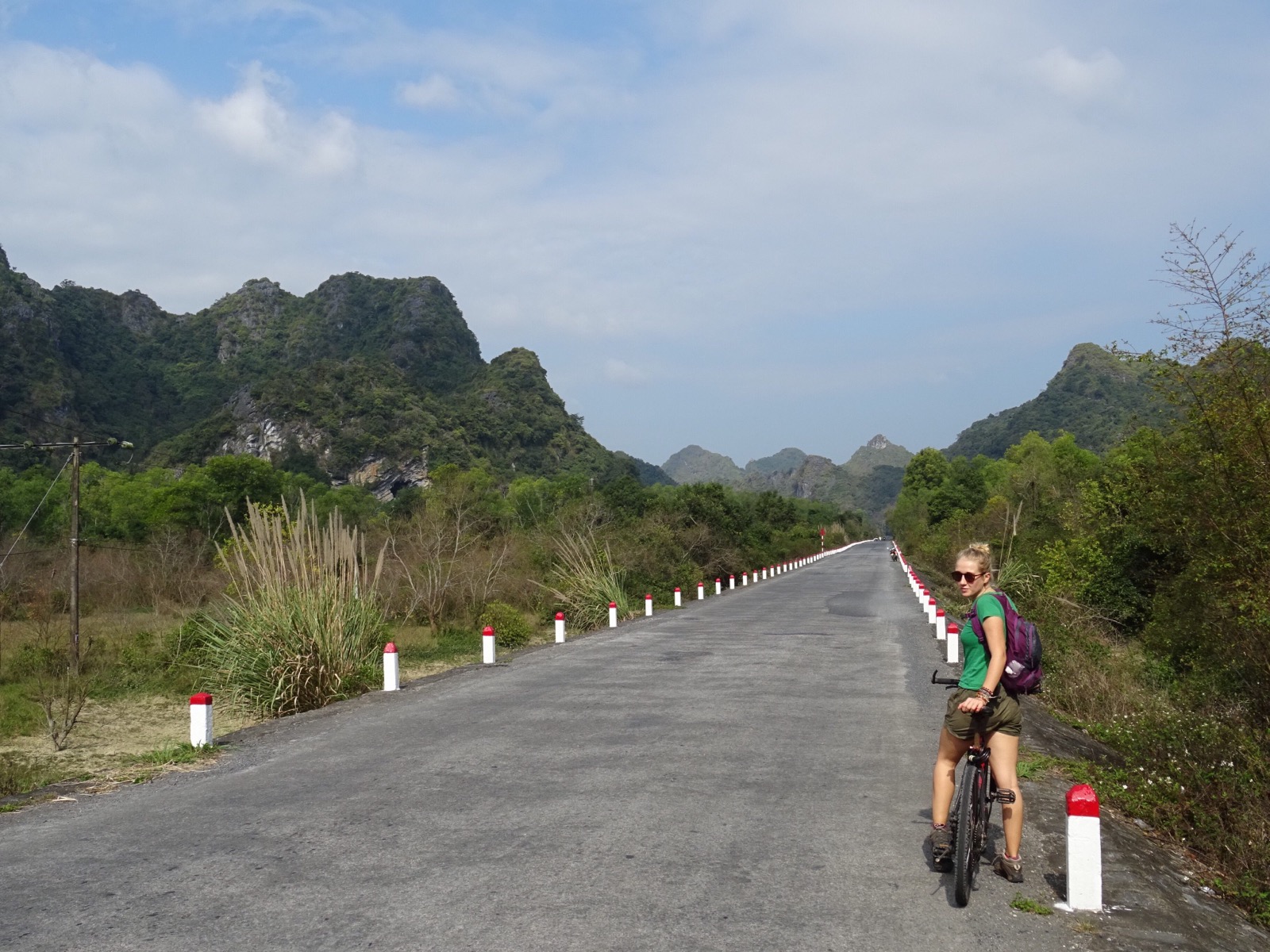
“The mixed sessions normally have either running, cycling, or hiking back to back. Last week we cycled 40 miles and hiked 10 miles at a much harder pace then the long sessions. The shorter sessions are generally runs or cycling sprints that we keep to under an hour.
“The biggest obstacle has been finding hills, as Cambridge is terribly flat. We’re struggling to get our knees prepared for the pain they’re going to endure. For that reason we’ve also been doing some work in the gym, on treadmills with an incline, cycling and the stepping machines. It’s not ideal but with our time constraints it has been the best option.
“Through the summer we’ve had training trips to test out our gear and find some hillier parts of the East of England. We did a 350-mile route around the East Coast, and we have another two mini trips before the actual challenge to get us in fighting shape.”
If you could give one piece of advice to someone hoping to take on a similar challenge themselves, what would it be?
“Planning. Doing something like this unassisted takes a lot of logistical planning, which is best to get organised as soon as possible. You’ll also want to get a good training programme together so you can feel confident going into the event.
“Another thing is to ask for help. It’s amazing how much help and advice we’ve had from friends, family and strangers. Social media isn’t perfect but it does mean you can connect with thousands of knowledgeable people who can share their experience with you.”
How can our readers support you?
“The best way to support us is by taking a look at our GoFundMe page, following our story and sharing it with friends and family. If you can’t make a donation then just a friendly message or comment is really motivating and helps us push through training. The more eyes and ears our story reaches the better we can spread our message and help promote sustainable vegan lifestyles and respectful adventure travel.”
GoFundMe: https://www.gofundme.com/veggievagabondsthreepeaks
Further information: https://veggievagabonds.com/2018/07/17/three-peaks-challenge-by-bike/
veggievagabonds.com

